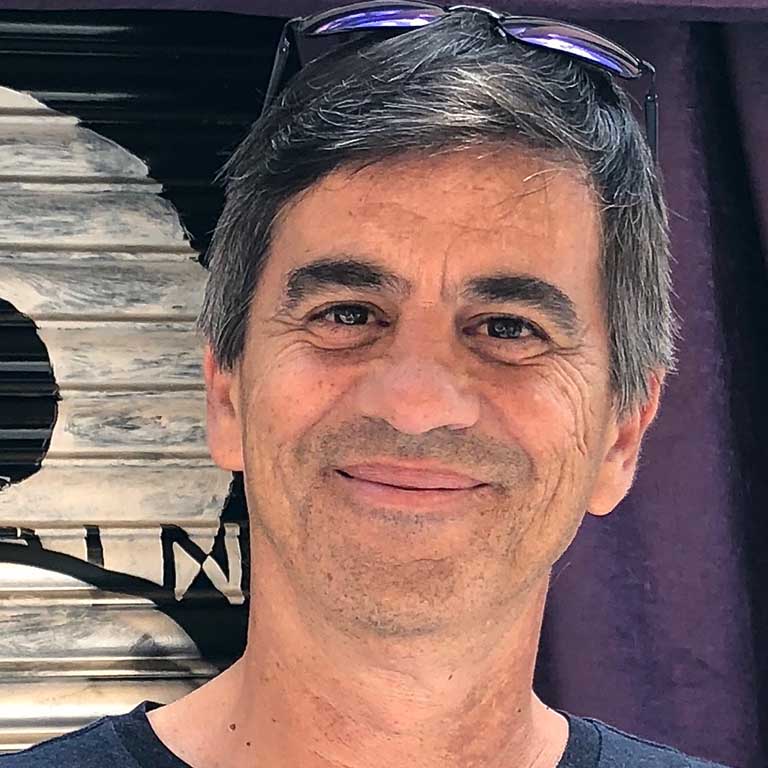- Ph.D., University of Michigan, 1995
- M.A., University of Michigan, 1992
- B.A., Universidad de Sevilla, 1990

Alejandro Mejías-López
Associate Professor, Spanish and Portuguese

Associate Professor, Spanish and Portuguese
My research combines Latin American and Transatlantic Studies and seeks new ways to approach the study of modernism and modernity in Spanish America, Spain, and Western culture more broadly. I have published on modernismo, modernist fiction, and the imperial legacies of Hispanism. In my book The Inverted Conquest: The Myth of Modernity and the Transatlantic Onset of Modernism (Vanderbilt UP 2010), I questioned the neo/post-colonial theoretical frameworks that have sustained Latin American studies for decades and showed how a transatlantic approach can help us recognize modernismos radical modernity and its multilayered relationship with both western and global modernisms and modernities.
My current book project significantly expands on this line of research and aims to challenge standard views of Hispanic literary and cultural history. Focusing on evolving concepts of cosmopolitanism, empire, and nation, among others, I posit that Spanish American letters, from Inca Garcilaso to Rubén Darío to the post-boom, have been a constant modernizing force in Spanish Peninsular literary culture, a force, however, consistently unrecognized by nationalist, postcolonial, and post-imperial critical traditions. From within the fields of Latin American and Transatlantic studies, my research remains critical of a practice of transatlanticism that leaves traditional power structures in place.
I regularly teach undergraduate courses on Spanish American literatures and cultures, as well as introductory courses in Hispanic cultural history and Hispanic literatures. I strive to foster in my students an aesthetic, cultural, and critical appreciation of Hispanic literatures and cultures and to help them improve cultural and linguistic competency, critical skills, and modes of expression that will enhance both their personal and professional lives. At the graduate level, I typically teach the Introduction to 19th-Century Spanish American literature as well as more specialized courses and seminars on topics such as modernism, modernity, postcoloniality, transatlanticism, cosmopolitanism, and emerging theories of world literature. I encourage graduates to sharpen their reading and analytical skills, write clearly, construct original arguments, and think against the grain as essential tools for their future as researchers, teachers, or in other career paths.